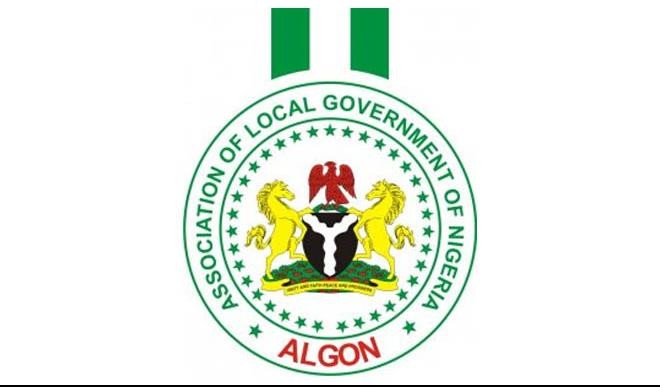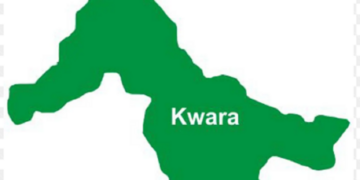Plateau State chapter of the Association of Local Governments of Nigeria (ALGON) has pledged its commitment to developing the third tier of government in the state.
According to the chairmen, Governor Caleb Mutfwang’s PDP-led administration has given them the opportunity to demonstrate capacity, commitment, and leadership at the grassroots level, in line with the governor’s developmental strides at the state level.
The 17 council chairmen stated this at the beginning of a peer review tour aimed at strengthening grassroots governance across all LGAs in the state.
The state chairman of ALGON and chairman of Wase local government area, Hon. Hamisu Anani, while speaking during engagements with the legislative arms and stakeholders in Qua’anpan, Mikang, and Langtang South, said the tour was an initiative of the chairmen to undertake a peer review mechanism, interact with stakeholders and take stock of ongoing developments.
According to him, the initiative aims to strengthen unity for development, foster collaboration, and address critical issues to bridge the existing gaps in governance and development at the local council level.
“We are going round the 17 LGAs to inspect some of the projects executed at the council secretariats and across various wards,” Anani stated.
He added, “The local government consists of three key segments—the Executive arm, the Legislative arm, and the Traditional institution. If all these work together, Plateau will continue to grow stronger.”
While appreciating Governor Caleb Mutfwang’s tremendous support, the ALGON chairman noted that, despite limited resources, the councils have implemented impactful projects and left lasting legacies.
“We must work together and protect the mandate bestowed upon us. Let us continue to pray for and support the government—from the ward level to the local government and the state,” he urged.
Hon. Anani also commended the chairmen for both completed and ongoing projects within their respective LGAs.
He assured the people that Governor Mutfwang holds the southern zone in high regard and noted that several roads in the area have already been included in the next phase of the state’s road construction projects.
In their separate remarks, the chairmen of Qua’anpan, Hon. Christopher Audu Wallet; Mikang, Hon. Bernad Alkali; Langtang South, Hon. Nanfa Nbin; and Shendam, Hon. Nichola Kemi Nshe; expressed their unwavering commitment and determination to ensure the delivery of democratic dividends at the grassroots.
According to them, they are proud ambassadors of Governor Caleb Mutfwang in their respective LGAs.
They highlighted ongoing and completed projects such as new council secretariats, hospitals, schools, and road construction as clear evidence of progress.
They affirmed that the PDP-led government, particularly at the local level, has showcased Governor Mutfwang’s leadership capacity in driving development across the state.
The chairmen reassured their communities of their administrations’ commitment to tackling developmental challenges and vowed not to relent until significant progress was made in meeting the people’s needs.
Councillors, appointees, and other stakeholders from the LGAs visited also applauded the governor and the chairmen for the timely provision of fertiliser and other farm inputs this year, calling for even more inclusive governance.
The various legislative arms commended the cordial relationship between them and the council chairmen, describing it as a strong foundation for sustainable development.
As part of their tour, the council chairmen first paid homage to traditional rulers in their palaces before engaging other stakeholders, explaining the rationale behind the initiative.
The Long Gamai of Shendam, His Royal Majesty Miskoom Martin Shaldas; the Long-Tel of Tehl Chiefdom in Mikang, HRH Barr. Donald Puntel; and the Acting Long Pan of Qua’anpan, HRH Miskoom Safiyanu Allahnana, and other title holders, commended the chairmen for initiating the project and pledged their full support as custodians of culture and tradition.
They also urged the chairmen to prioritise the security of lives and property in their domains, stressing that, “The safety of communities lies in your hands; therefore, you must intensify robust engagement with the traditional institution, security agents, and other stakeholders to enhance peace.”











